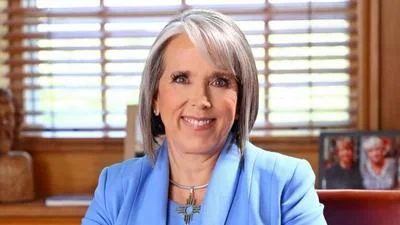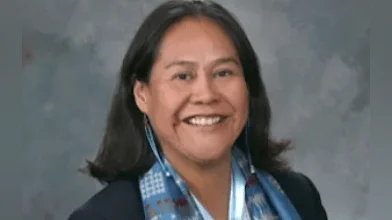Seven years have passed since the landmark Yazzie v. Martinez district court ruling, which found that New Mexico violated students' fundamental rights by not providing a sufficient public education as required under the state constitution. The situation has worsened over time.
First Judicial District Judge Mathew Wilson recently observed that New Mexico has made no significant improvements for Native American, disabled, low-income, and English-learning students since the 2018 Yazzie ruling. This decision did not surprise those familiar with New Mexico's education policy.
In recent NAEP "Nation’s Report Card" cycles, New Mexico students ranked last in reading and math scores in both 2024 and 2022. Despite a 60% increase in public school funding by the state Legislature—amounting to $2 billion—student enrollment is declining, indicating that funding was not the primary issue.
The latest judicial demand calls for a new plan from the New Mexico Public Education Department (PED). However, under the current governor, PED is described as being in disarray. There have been five different Cabinet secretaries with no inclination for bold reforms like school choice or strategies proven successful elsewhere.
Former Gov. Susanna Martinez's attempts at similar reforms were halted by unions. Legislative leaders such as Rep. Andres Romero, chair of the House Education Committee, have refused to consider school choice bills. Gov. Michelle Lujan Grisham noted that many Education Committee members are former or current educators who are resistant to change and face conflicts of interest when voting on education policy.
Teacher unions maintain influence by supporting politicians who resist changes to the status quo. Consequently, genuine educational reforms like school choice options remain undebated.
Unless Judge Wilson challenges this status quo and compels PED, the Legislature, and the governor to embrace genuine change—including school choice—New Mexico students may continue to fall behind. Another court order might not resolve these issues; however, elections could bring about change.
With elections approaching in 2026, voters have an opportunity for change if they demand bold education policies focusing on school choice and accountability from candidates across all levels of government.
Numerous individuals have announced their candidacy for governor or are considering running. Parents and students should insist that each candidate presents a specific plan to address New Mexico's struggling education system.
The call is clear: it's time for a new educational vision empowering teachers, local districts, and parents with diverse options tailored to community needs. Adopting school choice and fundamental educational reforms cannot be delayed any longer; it should be central in the upcoming election debate.
Rep. Rebecca Dow serves as project manager of Opportunity for All Kids—a Rio Grande Foundation initiative—and represents District 38 in New Mexico's House of Representatives as a Republican.
___









